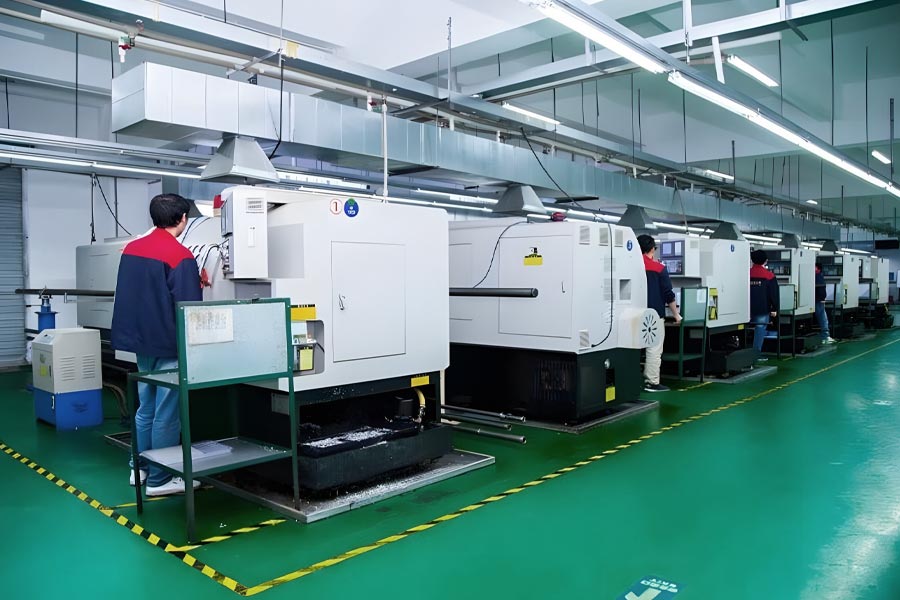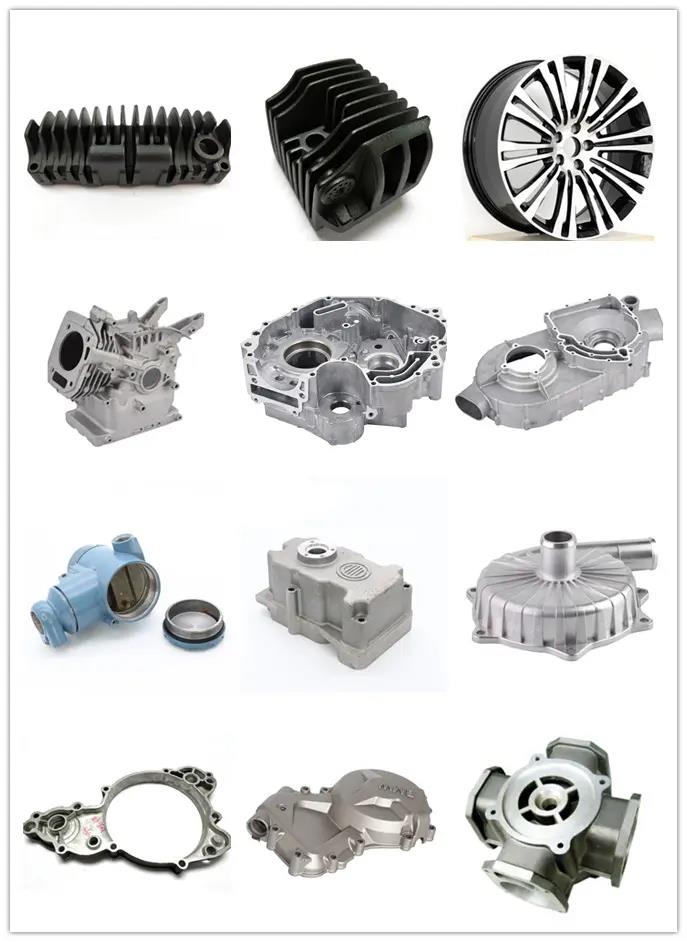
Capabilities and CNC Machining Equipment
8 Experienced Engineers
Machining accuracy 0.01 mm or more
24 hours continuous processing
28 sets of processing equipment, including :
7-axis turning&milling Machine
5-axis CNC machine
4-axis CNC machine cente
3-axis CNC machine center
CNC Lathes
Wire cutting Machine
EDM machine
CNC Machining
CNC machining is one of the most common manufacturing methods used to make parts and products. Compared to manually operated machinery, CNC machining is more accurate, more productive, and has more consistent machining quality.
Commonly used CNC machining materials are: aluminum alloy 6061 7075, brass, copper, stainless steel SUS304, Carbon Steel 1045, Japanese D2 steel, magnesium alloy MgAZ31, titanium, etc.
In CNC manufacturing, the machine is operated by a CNC in which a software program is specified to control the object. The language of CNC machining, also known as G-code, is used to control various behaviors of the corresponding machine, such as speed, feed rate and coordination.
Common CNC machining methods include milling, turning and EDM wire cutting.

